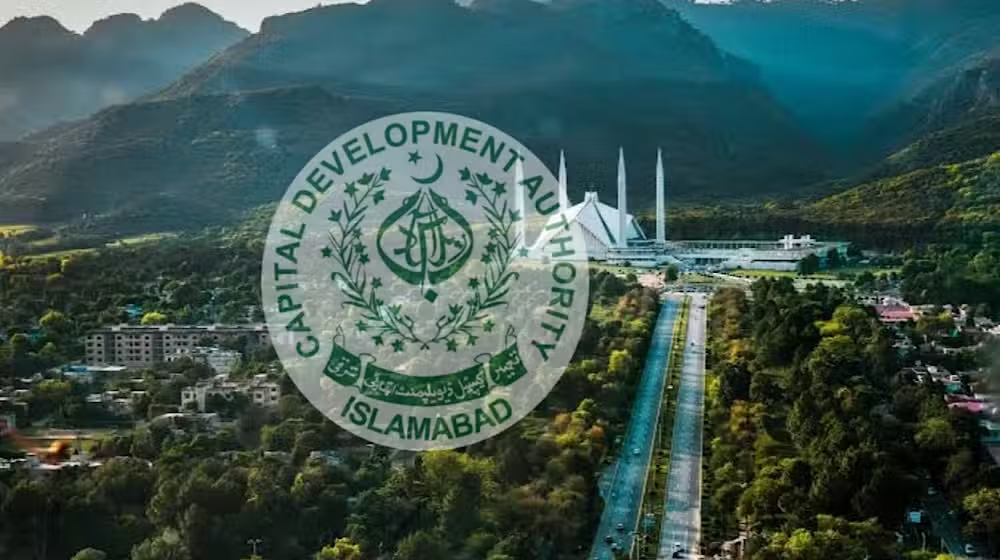Introduction
In a crucial meeting held on Thursday, Pakistan’s Finance Minister Muhammad Aurangzeb reassured the International Monetary Fund (IMF) that the country would take necessary measures to address the missed targets ahead of the upcoming first biannual review of the IMF-backed economic program. This program, part of a broader 37-month $7 billion initiative, aims to implement structural reforms and stabilize Pakistan’s economy. As the IMF’s new resident representative in Islamabad, Mahir Binici, looks on, the government of Pakistan remains committed to fulfilling its obligations and achieving the targets outlined in the program. The goal is to ensure the successful continuation of the IMF support and to maintain the trust that the country has regained over the past year.
Context of the 37-Month IMF Program
Pakistan’s Economic Challenges
The economic situation in Pakistan has been marked by a series of hurdles, including fiscal imbalances, inflation, and weak growth. In light of these challenges, the IMF’s financial assistance has become crucial in helping the country stabilize and implement necessary reforms. However, despite Pakistan’s efforts, the program has faced difficulties, with some targets falling behind schedule.
Reaffirmation of Commitment
During a key meeting with Mahir Binici, Finance Minister Aurangzeb expressed Pakistan’s resolve to overcome the slippages and meet the IMF’s expectations. He emphasized the importance of completing the $7 billion program successfully, which involves a series of macroeconomic reforms and structural adjustments. These reforms are essential not only for Pakistan’s fiscal health but also for fostering sustainable and inclusive growth in the long term.
Missed Targets and the Road Ahead
Overview of Missed Targets
Pakistan has faced challenges in meeting certain key targets, which has caused concern for both the IMF and local government authorities. These missed targets include:
- Revenue Targets: The country has fallen short of meeting its revenue targets, particularly in the first quarter. This has affected the government’s ability to raise funds for its various expenditures.
- Debt Maturity: The government also struggled with meeting the target for increasing the weighted average time to maturity of domestic debt.
- Provincial Legislation: There have been delays in passing necessary provincial legislation, especially in areas like agricultural income tax, real estate, and sales tax harmonization.
Government’s Response to the Slippages
Pakistan’s government has taken active steps to address these missed targets. The Finance Minister assured the IMF that the federal government is in talks with the provincial governments to resolve these issues. The goal is to ensure that the necessary reforms are enacted quickly and that they align with the conditions set by the IMF.
Key Reforms and Legislative Actions
The government is taking several key steps to address the slippages:
- Tax Reforms at Provincial Level: Provinces are expected to amend their Agricultural Income Tax (AIT) regimes to bring them in line with federal tax policies. This includes aligning small farmers and commercial agriculture tax regimes, which is scheduled to take effect in January 2025.
- Goods and Services Tax (GST) Reforms: Pakistan aims to transition its GST system from a positive list to a negative list approach to reduce tax evasion. This reform will take effect at the beginning of the fiscal year 2026.
- Property Tax Reform: Provinces will also work on harmonizing property taxes and developing a common approach to improve tax collection. This includes addressing administrative challenges that have led to gaps in tax compliance.
Cooperation with the Provinces
The role of the provincial governments is critical in ensuring the success of Pakistan’s economic recovery plan. The government’s efforts to enhance revenue collection will require the provinces to adopt and enforce new tax policies. These actions are vital for increasing the overall fiscal health of the country and ensuring the sustainability of the IMF program.
Challenges in Devolution of Responsibilities
One of the persistent challenges facing Pakistan’s fiscal management is the devolution of responsibilities to the provinces, as per the 18th Constitutional Amendment. This amendment decentralizes certain fiscal and administrative powers to provincial governments, but the transition has faced significant hurdles. Some provinces have been slow to implement these changes, which has contributed to the delays in meeting the set targets.
For example, federal responsibilities like funding higher education, health, social protection, and regional infrastructure investment are being gradually transferred to the provinces. However, these transitions are taking time, and some provinces are reluctant to take on additional spending responsibilities. This issue is crucial for ensuring that all levels of government work in tandem to meet the fiscal goals outlined in the IMF program.
Focus on Education and Health Sectors
Education Reforms and Provincial Contributions
One of the critical areas of focus for both federal and provincial governments is the education sector. The provinces are expected to make additional contributions to the Higher Education Commission (HEC), which oversees the country’s university and higher education policies. This is part of a broader effort to rebuild spending on education and health programs as a share of Pakistan’s GDP.
Health Sector Reforms
The federal and provincial governments have also agreed to gradually increase their spending on health programs, aiming to strengthen the country’s healthcare system. This initiative is expected to support long-term development goals and improve the overall health outcomes for Pakistan’s population.
The Role of IMF Support in Ensuring Success
IMF’s Influence on Pakistan’s Fiscal Management
The IMF’s role in Pakistan’s recovery process cannot be overstated. As a key source of financial support, the IMF’s conditions and oversight help guide Pakistan’s fiscal and economic policies. The fund’s support provides Pakistan with the necessary resources to implement reforms, reduce fiscal deficits, and stabilize its currency. However, this support is contingent on Pakistan meeting the targets outlined in the 37-month program.
IMF’s Expectations Going Forward
The IMF is closely monitoring Pakistan’s progress and expects the country to meet the revised targets in the coming months. The fund has expressed concerns over the missed targets, but the government has committed to addressing these issues. Both the IMF and the Pakistani government recognize the importance of ensuring the program’s success for long-term economic stability.
Conclusion
Pakistan’s finance minister has reiterated the country’s commitment to fulfilling the obligations set forth in the IMF-backed program. Despite missing a few targets, the government is working diligently to correct the course and achieve the program’s objectives. The focus on tax reforms, provincial contributions, and increased spending on key sectors like education and health is a positive step toward achieving macroeconomic stability. With continued cooperation between the federal government, provinces, and the IMF, Pakistan aims to successfully navigate its economic challenges and pave the way for sustainable growth.
FAQs
1. What is the 37-month $7 billion IMF program for Pakistan?
The 37-month $7 billion program is a financial assistance package from the IMF aimed at helping Pakistan stabilize its economy through a series of structural reforms, fiscal adjustments, and macroeconomic policies.
2. Why did Pakistan miss some of its targets for the IMF program?
Pakistan missed some targets due to delays in revenue collection, provincial legislative actions, and issues with domestic debt management. These slippages have created challenges in meeting the program’s goals.
3. What steps is Pakistan taking to address the missed targets?
Pakistan is working with provincial governments to address tax reforms, including aligning agricultural income tax policies and improving GST and property tax systems. The government is also focusing on increased spending on education and health sectors.
4. How will the devolution of responsibilities affect Pakistan’s economic recovery?
The devolution of responsibilities under the 18th Constitutional Amendment has created challenges, particularly in areas like education, health, and regional infrastructure. Provinces need to take on additional fiscal responsibilities to help ensure the success of the IMF program.
5. What role does the IMF play in Pakistan’s economic recovery?
The IMF provides financial support and oversight to Pakistan, helping the country implement necessary reforms and stabilize its economy. The IMF’s conditions help guide Pakistan’s fiscal policies, ensuring that the country remains on track to meet its economic goals.



